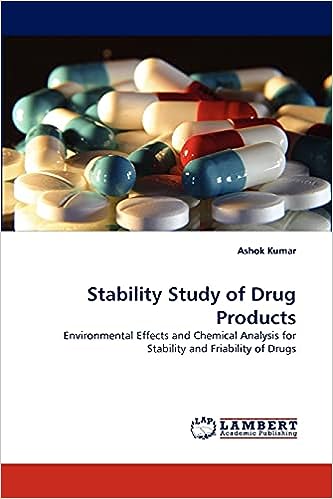Handling Stability Testing of Vaccines and Biological Products
Stability testing of vaccines and biological products is crucial to ensure the safety, efficacy, and quality of these specialized pharmaceuticals. Due to their complex nature, vaccines and biologicals require tailored stability assessment methods. In this discussion, I’ll outline how to handle stability testing for vaccines and biological products.
Regulatory Guidelines
1. Vaccine Guidelines: Follow specific vaccine stability guidelines issued by regulatory agencies such as the World Health Organization (WHO) and the International Conference on Harmonisation (ICH).
2. Biopharmaceutical Regulations: Adhere to regulations and guidance documents tailored for biopharmaceutical products, such as monoclonal antibodies and recombinant proteins.
Accelerated Studies
1. Stress Conditions: Design accelerated stability studies to predict the product’s behavior under exaggerated conditions and estimate its shelf life.
2. Temperature Variation: Apply different temperature conditions to mimic potential storage deviations and assess their impact.
Real-Time Studies
1. Long-Term Stability: Conduct stability studies under recommended storage conditions
to evaluate the product’s stability profile over its intended shelf life.2. Ongoing Monitoring: Regularly assess the product’s quality attributes and characteristics throughout the study duration.
Degradation Pathways
1. Forced Degradation: Subject the product to stress conditions that may accelerate degradation pathways, helping identify potential degradation products and their impact.
2. Product-Specific Considerations: Understand the biological processes and potential degradation mechanisms unique to vaccines and biological products.
Container-Closure Systems
1. Compatibility Testing: Evaluate the interaction between the product and its container-closure system to prevent leaching, adsorption, or other interactions.
2. Leachable and Extractable Studies: Assess potential leachable compounds from container materials and their impact on stability.
Adjuvants and Excipients
1. Adjuvant Stability: Evaluate the stability of vaccine adjuvants, considering their potential impact on overall product stability.
2. Excipient Compatibility: Study the compatibility of excipients with the biological product and their influence on stability.
Analytical Methods
1. Method Validation: Validate analytical methods used to assess product stability, ensuring their accuracy, precision, and reliability.
2. Sensitivity: Ensure that analytical methods can detect potential changes in the product’s quality attributes.
Data Analysis and Interpretation
1. Trend Analysis: Analyze stability data over time to identify trends and potential signs of degradation.
2. Shelf Life Prediction: Use stability data to determine the product’s expected shelf life and establish appropriate expiry dates.
Documentation and Reporting
1. Stability Protocols: Develop comprehensive stability testing protocols that outline study design, methods, and testing parameters.
2. Regulatory Submissions: Include stability data and reports in regulatory submissions to support product approvals and variations.
Conclusion
Stability testing of vaccines and biological products requires a specialized approach due to their unique characteristics and complex biological nature. By following regulatory guidelines, conducting stress and real-time studies, and evaluating degradation pathways, manufacturers can ensure the safety, efficacy, and quality of vaccines and biological products throughout their shelf life and intended usage.
